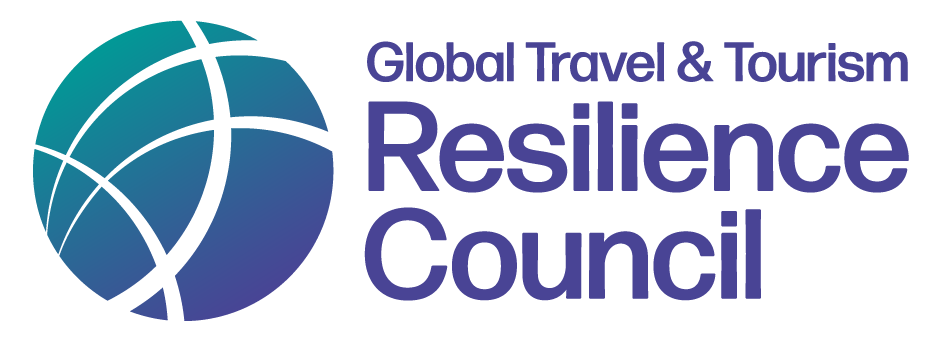Cserep argued: “Resilience has shot up the list of concerns – not just climate resilience but also financial resilience. Covid has accelerated sustainability. Airlines were starting to address their climate commitments when the global financial crisis hit. That took precedence then. It has not happened this time. “No one used to ask about the environmental risks and regulatory risks [when investing]. Now they come up every time.”
Sebastian Manceau, senior partner at management consultancy Roland Berger, agreed, saying: “Sustainability was a small paragraph at the end of a report [to investors]. Now it’s a huge part. Environmental and social governance [ESG] is now systematically important.” He argued: “Not many companies have a strong ESG agenda. Travel is a long-term, growing sector. There is an opportunity for companies to differentiate themselves by having a strong ESG agenda.”
Henry Briance, partner at private equity firm Certares, told the forum: “There are multiple capital sources looking to make investments in good companies and good projects in the sector.”
Cserep noted the industry attracted “almost a frenzy” among investors before the pandemic “with a huge amount of capital chasing a few opportunities whenever an acquisition became available”. She argued: “Covid exposed that. The perspective on the industry has changed – there is no getting away from that. But the economic positives exceed the downsides. There is no shortage of money.”
The forum identified five priorities for action by industry leaders, associations and governments in the next 12 months: cross-sector collaboration, strong state and regulatory support, clear communication to raise awareness, investments “at scale”, and systematic measuring and reporting.

